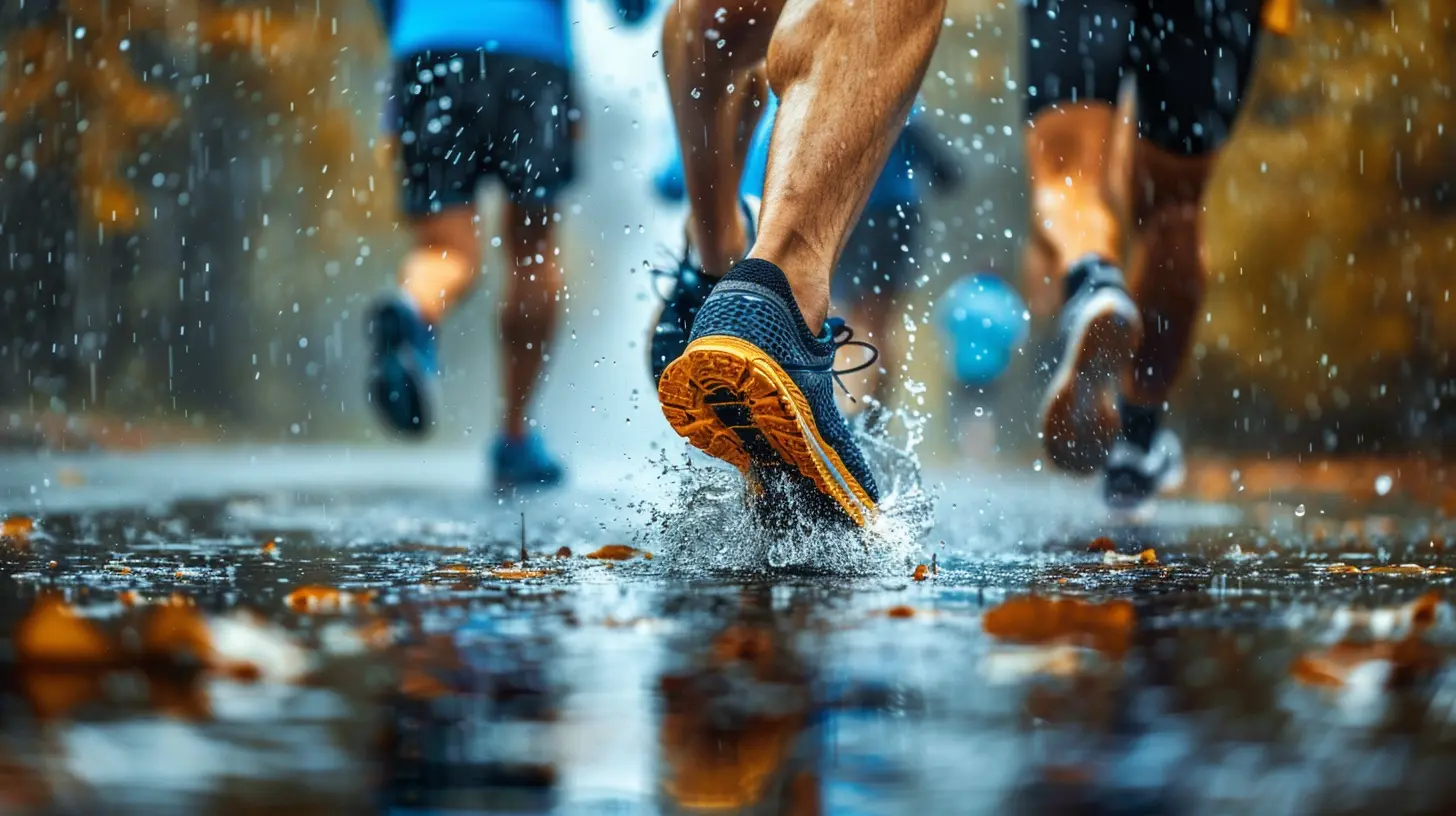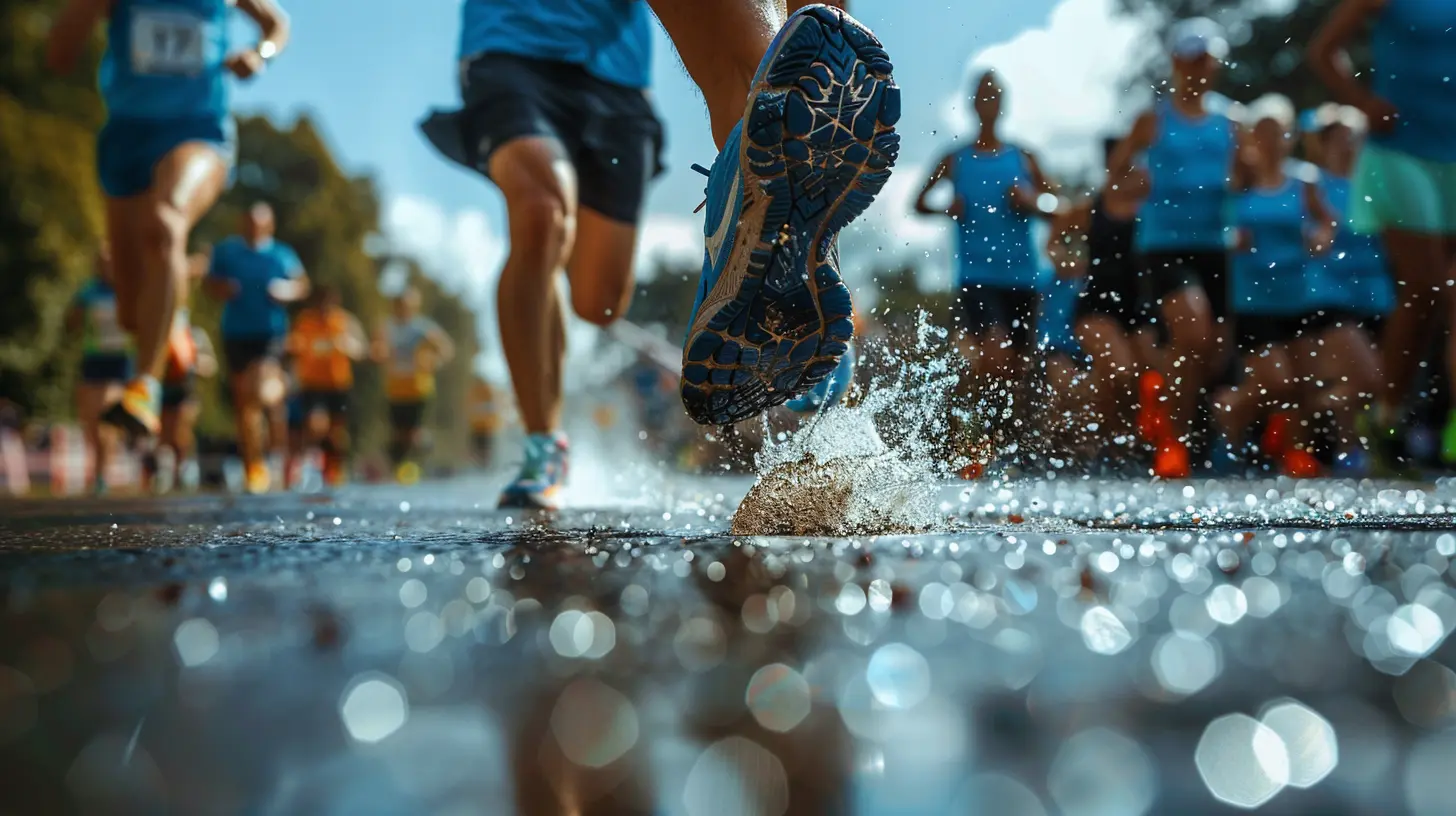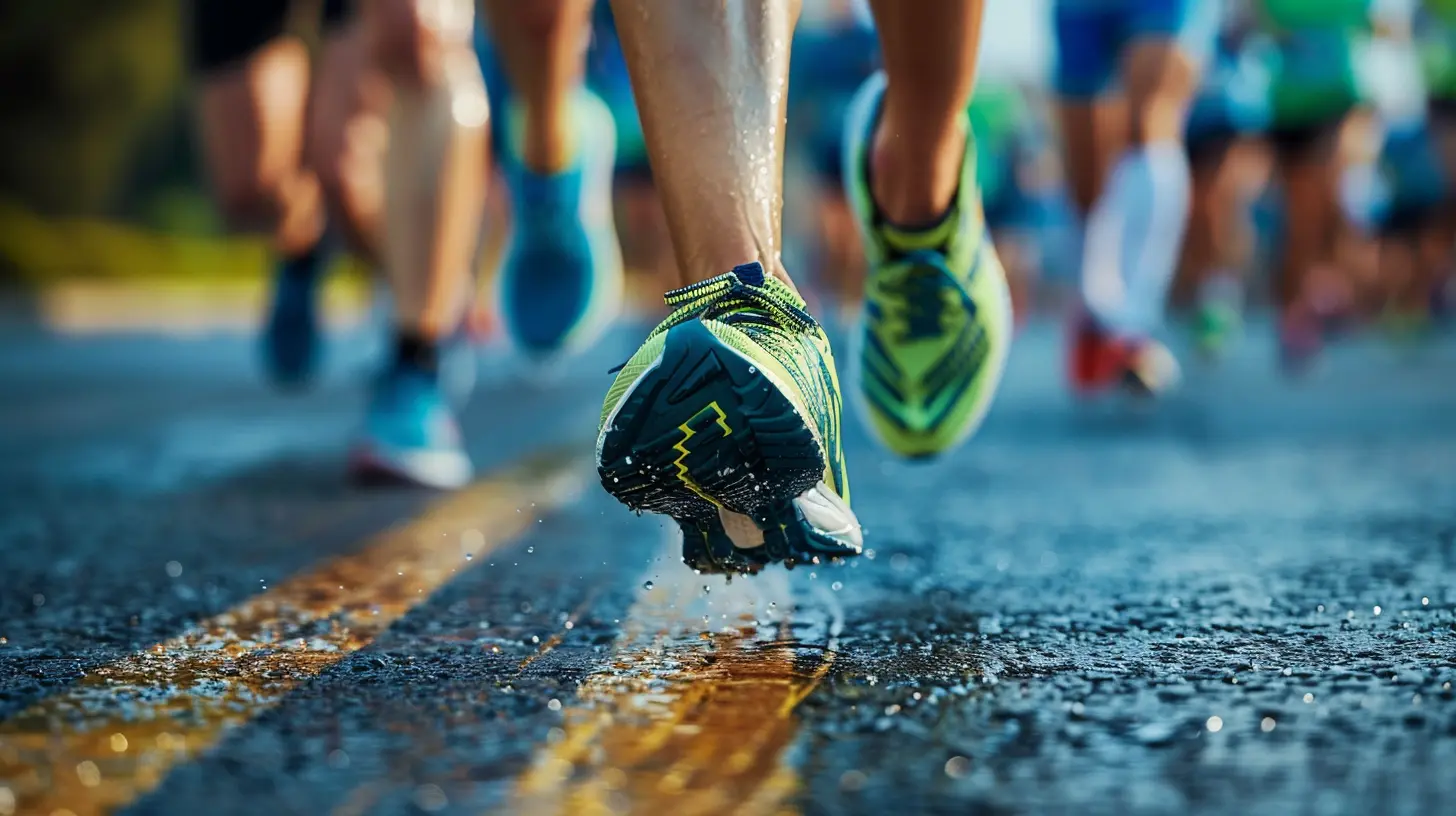Mastering Marathon Recovery: Tips for Bouncing Back Faster
25 September 2025
Running a marathon is a monumental achievement. Whether it was your first or your tenth, pushing your body through 26.2 miles is no small feat. But here’s the thing—what you do after the race is just as important as what you did before. Proper marathon recovery can mean the difference between feeling great within a week or struggling with fatigue and soreness for months.
So, how do you bounce back faster? Let’s dive into the best tips to help you recover like a pro. 
Why Marathon Recovery Matters
Your muscles, joints, and even your immune system take a beating after a marathon. Your body needs time to repair, rebuild, and regain strength. Skimping on recovery can lead to injuries, prolonged fatigue, and even burnout.Think of your body like a car that just completed a long road trip. Would you immediately take it on another cross-country journey without checking the engine, refilling the fluids, and rotating the tires? Probably not. The same logic applies to your body post-marathon. 
Immediate Post-Race Recovery (First 24 Hours)
1. Keep Moving (But Gently!)
As tempting as it might be to collapse and not move for the rest of the day, doing so can actually make things worse. Walking for 10-15 minutes after finishing helps prevent stiffness and improves circulation, flushing out lactic acid buildup.2. Hydrate Like It's Your Job
Your body loses an incredible amount of fluids and electrolytes during a marathon. Rehydrate with water, sports drinks, or electrolyte-rich beverages to restore balance and prevent dehydration.3. Refuel the Right Way
After running such a long distance, your glycogen stores are depleted. Aim to eat a meal within 30-60 minutes post-race that includes carbohydrates and protein. A good option? A smoothie with bananas, protein powder, and almond milk or a hearty chicken and rice meal.4. Take an Ice Bath (If You Can Handle It!)
If you’ve ever heard of elite athletes jumping into an ice bath after a race, there’s a reason for it. Cold water immersion reduces inflammation and speeds up muscle recovery. Try submerging your legs in cold water for 10-15 minutes. If that's too intense, a cool shower works too.5. Sleep, Sleep, Sleep
Your body does its best healing when you sleep. Aim for at least 8-9 hours of quality rest, especially in the days following your marathon. If you're feeling extra fatigued, don't hesitate to sneak in a nap.
The First Week of Recovery
6. Say No to Running (At Least for a Few Days!)
Your body needs time to heal, and running too soon can lead to injuries. Take at least three to five days completely off, focusing on low-impact activities like walking, yoga, or gentle stretching instead.7. Listen to Your Body
Post-marathon soreness is normal, but if you feel sharp pain, excessive fatigue, or signs of injury, don’t ignore them. Your body will tell you when it's ready to get back to running—trust it.8. Foam Rolling and Stretching
Using a foam roller can help loosen tight muscles and improve blood flow. Spend extra time on your calves, quads, and hamstrings. Combine this with light stretching, emphasizing flexibility without pushing too hard.9. Eat Anti-Inflammatory Foods
Foods rich in antioxidants and healthy fats can speed up recovery. Focus on:- Berries (blueberries, strawberries, blackberries)
- Salmon, nuts, and seeds (for omega-3s)
- Leafy greens (spinach, kale)
- Turmeric and ginger (great for reducing inflammation)
Avoid heavy processed foods, excessive sugar, and alcohol, as they can slow the healing process. 
The Second Week and Beyond
10. Ease Back into Running
After a full week of rest and recovery, you can start incorporating light jogging. Keep it short and slow—there’s no need to push your pace. A good rule of thumb? Run at about 50% of your normal intensity.11. Cross-Training is Your Friend
Instead of jumping immediately back into your regular training, try activities that are kinder to your muscles. Cycling, swimming, or yoga can help maintain fitness without excessive impact.12. Continue Prioritizing Sleep and Nutrition
Don’t fall into the trap of neglecting recovery once you start feeling better. Staying consistent with sleep, hydration, and a nutrient-rich diet ensures long-term benefits and prevents burnout.13. Get a Sports Massage
A professional massage can work wonders for lingering tightness and knots. If a full sports massage isn’t an option, using a foam roller or massage gun can offer similar benefits.14. Reflect and Plan Ahead
Once your body starts feeling normal again, take some time to reflect on your marathon experience. What went well? What could have been better? Setting goals for future races can help keep you motivated and improve your performance over time.Common Mistakes to Avoid
Even seasoned runners make mistakes when it comes to marathon recovery. Here are a few pitfalls to steer clear of:🚫 Running Too Soon – Give your body the time it needs before lacing up again.
🚫 Ignoring Nutrition – Recovery starts from within—fuel your body properly.
🚫 Neglecting Rest Days – More isn’t always better. Let your muscles rebuild.
🚫 Skipping Mobility Work – Foam rolling and stretching speed up healing.
🚫 Lack of Sleep – Quality sleep is non-negotiable for proper recovery.
Final Thoughts: Respect the Recovery Process
Recovering from a marathon isn’t about rushing back to training; it’s about giving your body the care it needs to come back stronger. Whether this was your first marathon or your fiftieth, taking the time to recover properly ensures you can continue doing what you love for years to come.So, kick back, relax, and enjoy the well-earned rest—you deserve it!
all images in this post were generated using AI tools
Category:
MarathonAuthor:

Uziel Franco
Discussion
rate this article
1 comments
Seraphine McKittrick
This article effectively highlights the crucial role of recovery in marathon training. By prioritizing rest, nutrition, and mental wellness, runners can enhance performance and longevity. A well-structured recovery plan is an essential component for any serious athlete.
October 9, 2025 at 12:17 PM

Uziel Franco
Thank you for your insightful comment! I completely agree—effective recovery is vital for maximizing performance and ensuring long-term success in marathon training.


